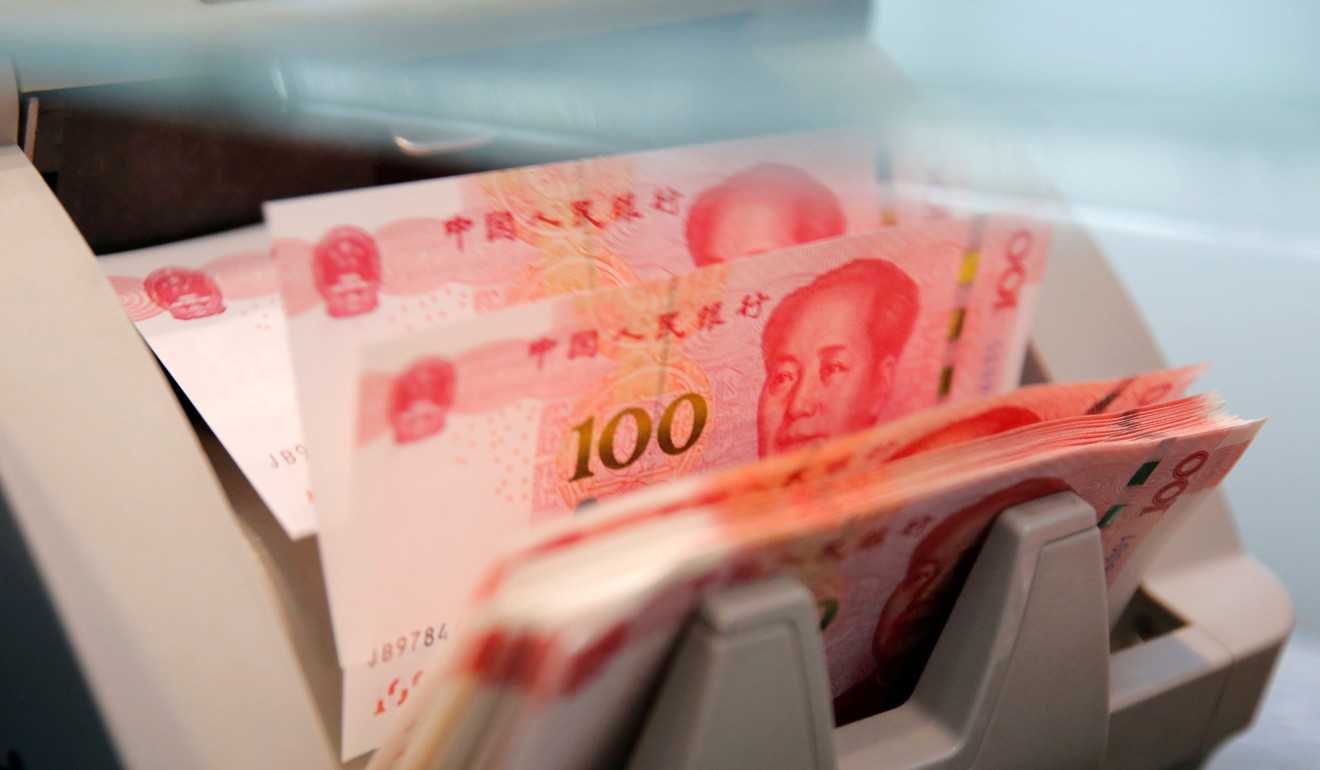Navigating the Global Financial Landscape
In the intricate tapestry of global finance, foreign exchange reserves play a pivotal role in stabilizing currencies, mitigating economic volatility, and fostering international trade. China, an economic powerhouse with the world’s largest forex reserves, has emerged as a key lender, extending financial assistance to nations seeking to bolster their foreign reserves and support their economic growth.

Image: www.scmp.com
The use of forex reserves as a loan source has gained significant traction in recent years. China, leveraging its vast foreign exchange holdings, has extended substantial loans to developing countries, providing them with much-needed liquidity and financial support. This assistance has fueled infrastructure development, stimulated economic growth, and contributed to global economic stability.
Strengthening Economic Ties
China’s forex reserves are seen as a strategic tool for expanding its global economic influence. By providing loans to other countries, China not only strengthens bilateral economic ties but also fosters international cooperation and facilitates trade partnerships. These loans have contributed to the expansion of Chinese businesses overseas, creating economic opportunities for both China and the recipient countries.
Furthermore, the use of forex reserves for lending allows China to diversify its investments, reducing the risks associated with holding excessive foreign reserves. By providing loans to developing countries with high potential for growth, China mitigates currency fluctuations and other financial risks, ensuring the long-term value of its foreign exchange holdings.
Rising Influence in Global Governance
China’s increasing role as a forex lender has also had a profound impact on global governance. As China extends financial assistance to other countries, it gains influence in international organizations such as the International Monetary Fund (IMF) and the World Bank. This influence enables China to advocate for policies that align with its economic interests and shape the global financial system.
The provision of forex reserves loans has become a strategic tool for China to strengthen its geopolitical position. By offering financial support to developing countries, China gains access to critical resources, secures trade partnerships, and expands its diplomatic reach. This approach has enabled China to cultivate a sphere of influence, particularly in regions where it seeks to increase its economic and political power.
Risks and Challenges
While the use of forex reserves for lending provides numerous benefits, it is not without risks and challenges. One primary concern is the risk of default by recipient countries. If a country defaults on its loan obligations, China could face significant financial losses, impacting its foreign exchange reserves and overall economic stability.
Another challenge lies in the potential for political instability in recipient countries. Should a country experience political turmoil or civil unrest, the repayment of loans may be jeopardized, leading to financial losses for China. It is crucial for China to carefully assess the risks associated with lending to ensure the long-term viability of its forex reserves and the stability of its international relations.

Image: www.chinadaily.com.cn
Conclusion
China’s use of forex reserves for lending has transformed the global financial landscape. By extending financial assistance to developing countries, China has emerged as a key lender, fostering economic growth, strengthening bilateral ties, and gaining influence in global governance. However, it is essential for China to carefully navigate the risks and challenges associated with lending, ensuring the long-term stability of its forex reserves and its economic position in the international arena.
May I offer my assistance regarding any inquiries or clarifications on the topic of China’s use of forex reserves for lending?
Forex Reserves Use China Loan
Frequently Asked Questions
Q: What are the benefits of China using forex reserves for lending?
A: China benefits from lending forex reserves by diversifying investments, strengthening economic ties, and expanding its global influence.
Q: What risks does China face by lending forex reserves?
A: Risks include default by recipient countries and political instability, which could result in financial losses and impact China’s overall economic stability.
Q: How does forex reserves lending impact global governance?
A: China’s forex reserves lending gives it increased influence in international organizations like the IMF and World Bank, allowing it to shape global financial policies.
Q: What trends are emerging in forex reserves lending?
A: Developing countries are increasingly relying on forex reserves loans from China, as they provide funding for infrastructure projects and support economic growth.
Q: What is the future of China’s forex reserves lending?
A: The future of China’s forex reserves lending depends on factors such as global economic stability, the risk appetite of recipient countries, and China’s strategic goals in international relations.






